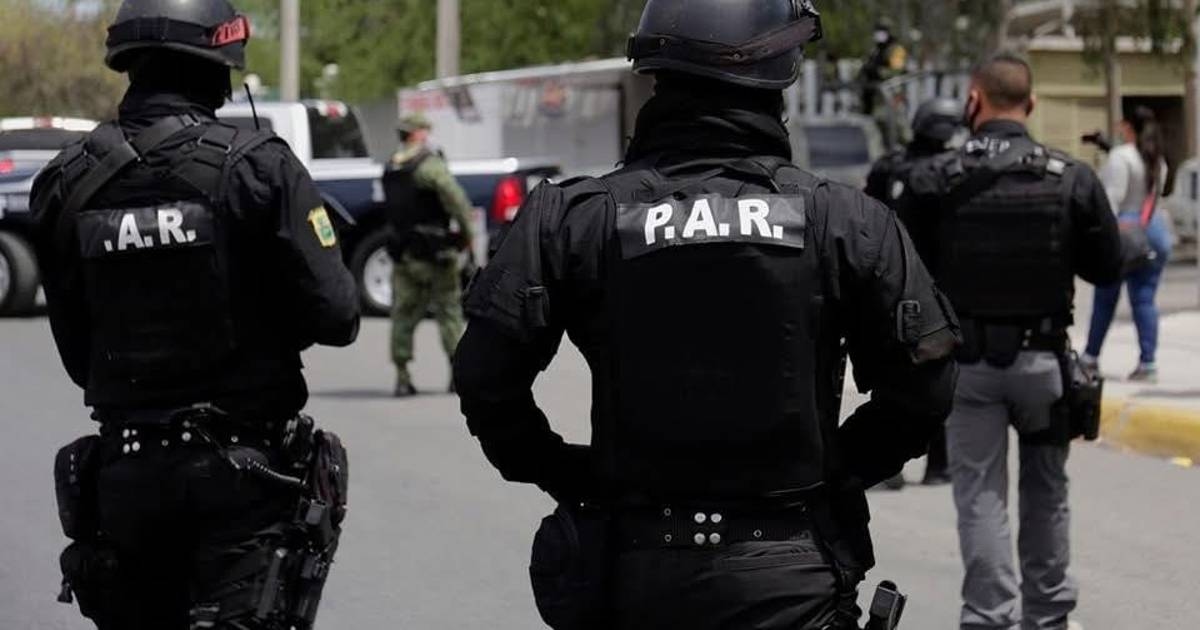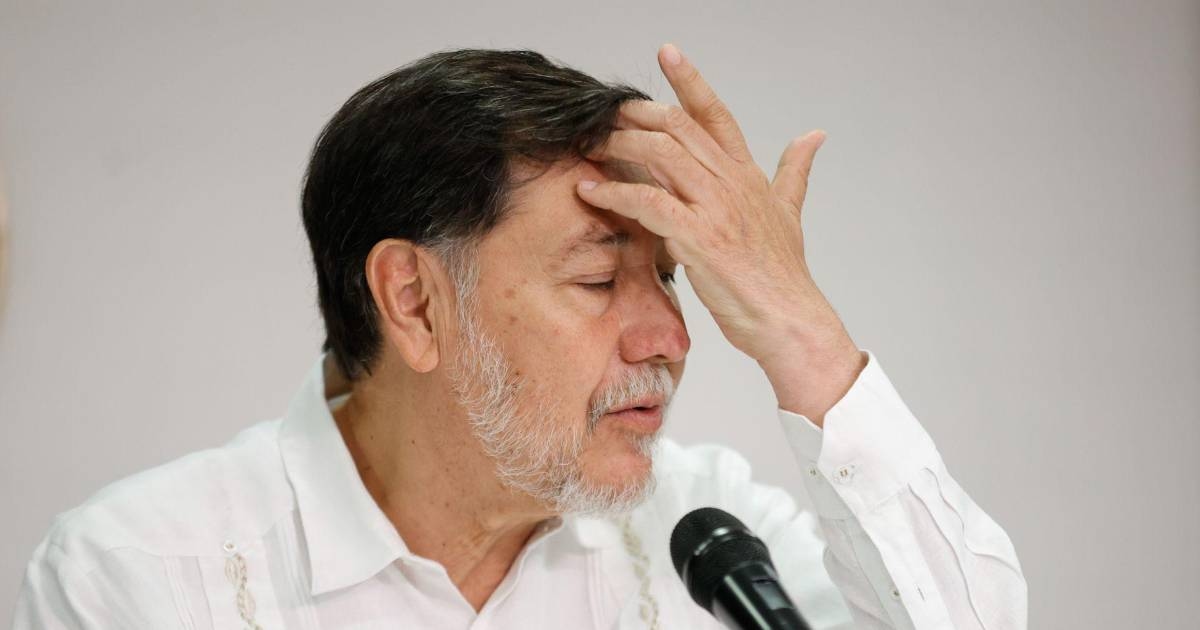2025 Elections | The government wins by 40.84% nationwide and is close to winning the province of Buenos Aires.

The government emerged victorious and remains on its feet after the legislative elections, a crucial test for Javier Milei's remaining two years in office. In a shocking result, La Libertad Avanza achieved a landslide victory nationwide, with 40.84%, and is even fighting to win the province of Buenos Aires, the Peronist stronghold, where it lost by 13 points in the local elections on September 7.
The keys to the Libertarian victory were the comeback in the province of Buenos Aires, the successes in Santa Fe, Córdoba, and Mendoza, and the resounding victory in the City of Buenos Aires, where they competed in alliance with the Pro (Pro), the ruling party in Buenos Aires since 2007. Patricia Bullrich , a Senate candidate, surpassed 50% there. “Thank you for your trust, courage, and hope, and thank you to President Milei. The people of Buenos Aires made it possible to consolidate the idea of change. The important thing is not to go back,” said the Minister of National Security.
La Libertad Avanza is winning in the following districts: Buenos Aires City, Mendoza, Santa Fe, Córdoba, Entre Ríos, Chaco, San Luis, Salta, Jujuy, Río Negro, Neuquén, Chubut, and Tierra del Fuego. In the province of Buenos Aires, the situation is even , although Diego Santilli , José Luis Espert's replacement at the top of the ticket, could take first place: he wins 41.51% to 40.86%, with 96% of the polling stations counted.
“I knew it was a difficult battle. I thank the President, Karina Milei, and Santiago Caputo, who trusted me,” said Santilli, one of the day's big winners. Enthused by the historic comeback, Santilli called for continuing on the same path toward 2027. He has already positioned himself as a potential gubernatorial candidate to replace Kicillof.
The same virtual tie is repeated in Chubut, La Rioja, Chaco, and Corrientes. These are districts where the differences are minimal, and the winner could change.
Fuerza Patria failed to maintain the lead it had achieved on September 7 in the province of Buenos Aires, which represents 38% of the national electoral roll. This decline is believed to be due to the inaction of the Buenos Aires mayors, who decided to mobilize heavily when their own district was at stake. The result in Buenos Aires rekindles the Peronist internal struggle leading up to 2027 and reopens the battle for opposition leadership between Cristina Kirchner and Axel Kicillof.
The PJ (Party of the People) reaffirmed its dominance in Formosa, Tucumán, Catamarca, San Juan, Santa Cruz, and La Pampa, albeit by smaller margins than expected. Fuerza Patria and its allied parties garnered 31.67% of the vote nationwide, according to a survey conducted by LA NACION .
The United Provinces alliance, which debuted in 14 districts based on an agreement between six governors without a national reference, failed to break the polarization, and its plan to build a solid platform to compete for the presidency in 2027 is hampered. It garnered 7.13% of the vote. Only Gustavo Valdés , in Corrientes, managed to win in his hometown, albeit by one point.
Fourth place nationally went to the Left Front , with nearly 4%. This allowed them to retain three of the four seats they had at stake.
When projecting the election results on the future composition of the parliament, the balance is clearly positive for the ruling party. The Senate renewal offers a positive outlook because it did not renew any seats and will now have 13 seats. It will still not have control of the chamber. The same logic prevails in the House of Representatives , where it will increase its representation to 64 seats starting December 10 and, together with its partners, could reach the third necessary to sustain presidential vetoes. Furthermore, it would be within negotiating range of obtaining a quorum to begin sessions and address the major reforms on the official agenda: tax, pension, and labor reforms. The key, then, will be the group of middle-ranking legislators, who will determine the quorum and the fate of the bills.
The elections confirmed the voter withdrawal process that occurred this year in the eight districts that already went to the polls, where the average turnout was 58%. The National Electoral Chamber reported that nearly 68% of the registered voters voted. This figure reflects higher absenteeism than in the 2021 and 2023 elections.
The debut of the single paper ballot was positively received nationwide. There was praise for the speed of voting, although spoiled votes rose from 0.80% to 2.30%, which could have been due to confusion with the new system.
"The implementation of the single paper ballot is a historic event. It was efficient, fast, and secure," said Chief of Staff Guillermo Francos before announcing the official figures at 9:20 p.m., with nearly 90% of the polling stations counted.

lanacion





